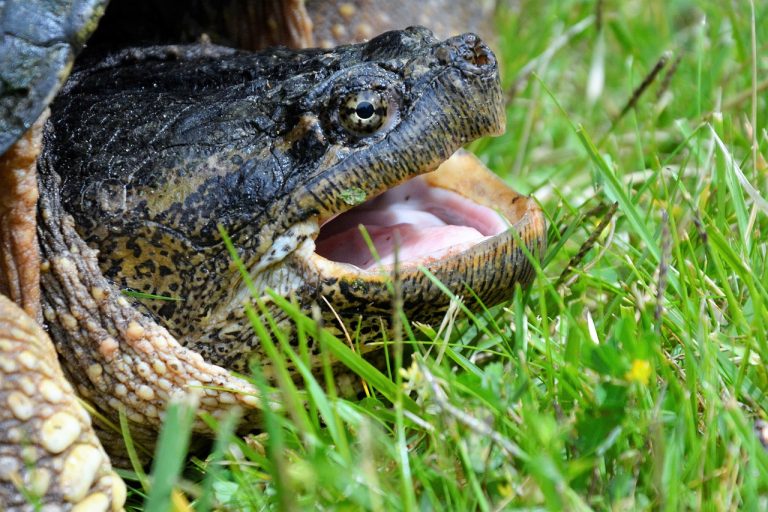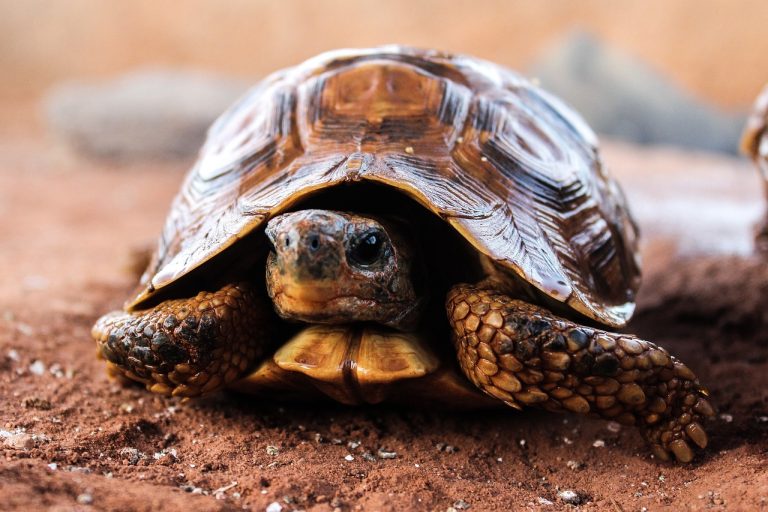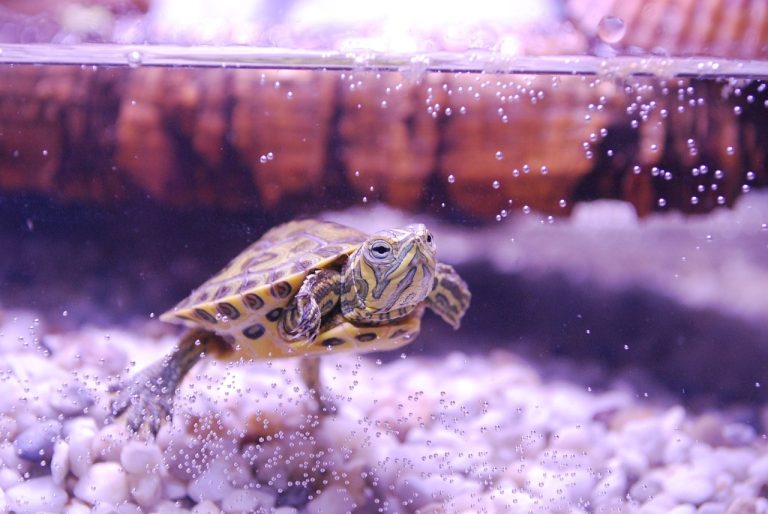How Long Does Turtle Food Last?
Believe it or not, the rumor that turtle foods never expire is simply not true. Let’s uncover the truth behind the shelf life of turtle foods.
Dry packaged turtle foods typically have expiration dates, lasting for several months or sometimes even up to a year. However, wet and fresh foods, including those in cans or frozen, have a much shorter lifespan, typically lasting only a few weeks before they lose their nutritional value and begin to spoil.
To find the expiration date of your turtle food, simply check the packaging for the printed date. Using expired products for your pets can lead to various issues, including decreased nutritional value and potential health risks. So, it’s important to always check the expiration date and ensure you’re providing your turtles with fresh, safe food.
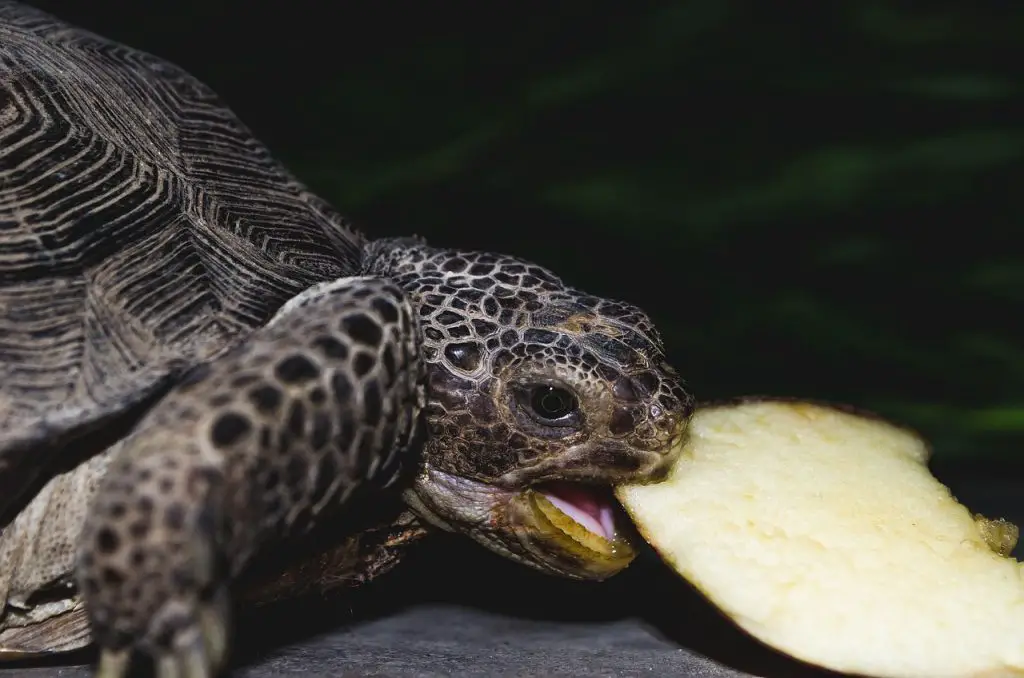
Key Takeaways
- Packaged dry foods have a shelf life of up to 12 months.
- It is recommended to store turtle foods in a dry and cool place.
- Feeding the turtles expired items can make them sick.
Those Commercial Turtle Meals Do Have An Expiry Date
Like everything else, turtle foods have their limits too.
So, how long can you count on those packaged goodies? Well, it varies depending on the manufacturer and the type of food.
Dry items such as pellets and float sticks typically have an expiration date of around 12 months from the manufacturing date. This also applies to powdered foods. Canned and frozen proteins can last for months as well. However, wet items have a shorter shelf life, lasting only a few weeks to a few months.
Manufacturers use preservatives to maintain the quality and nutritional content of packaged or canned goods. But over time, these chemicals break down, leading to a decline in food quality. You’ll know it’s gone bad when you catch a whiff of that unpleasant, musty smell.
Now, what about fresh vegetables? Well, we all know their shelf life is pretty short—just a day or two before they start to wilt.
As for live insects and worms, you can keep them in a separate container and feed them regularly. And yes, while the idea of handling live prey might seem a bit icky, it’s an effective way to provide your turtles with some variety in their diet.
But how do you know the shelf life of turtle products?
Look for the expiration date or “Best Before Date” on the package when you buy authorized food. If you can’t find this information, don’t hesitate to ask the salesperson—they’ll be able to provide you with the necessary details.
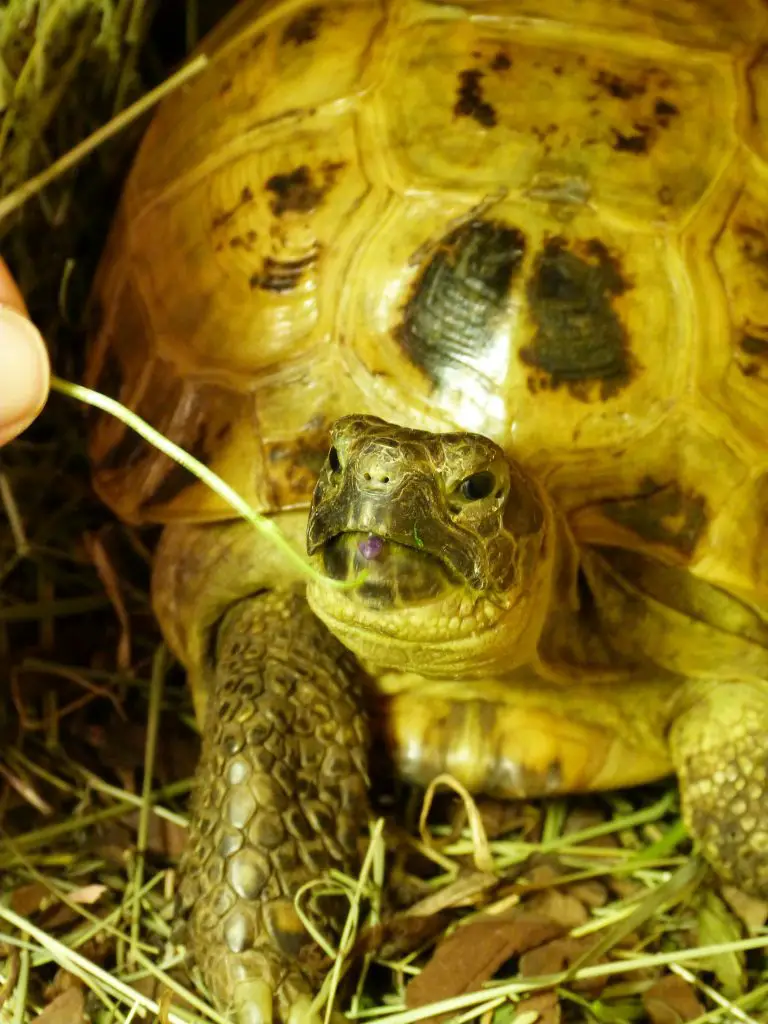
Do Not Feed Your Turtles Expired Foods
Alright, I’ll admit it.
Not all turtle keepers are as responsible as we’d hope. So, it wouldn’t surprise me if someone accidentally fed their pets expired goods.
But the real concern is, what happens next?
Sure, turtles will gobble up just about anything you give them. They’re opportunistic eaters, after all.
But here’s the thing you need to know: feeding your turtle expired food can make them sick. They might experience a range of health issues, including:
- Digestive Problems: Turtles already have a quirky digestion process, sometimes taking hours or even days to process a single meal. Feeding them expired items can upset their stomachs, throwing their entire digestive system out of whack.
- Malnutrition: Commercial foods lose their nutritional value over time. So, if you’re feeding your pets expired items, they’re not getting the nutrients they need. This can lead to malnutrition and weakened immunity in turtles.
- Irritation and Parasitic Infections: Expired products are a breeding ground for parasites. Turtles can ingest these harmful parasites along with their food, leading to irritation, diarrhea, and even parasitic infections. You might even notice worms in your turtle’s feces or vomit.
Now, I know these things sound unpleasant, which is why I strongly urge you to always check the label before feeding your turtles. If you spot any mold or signs of parasitic growth on the food, toss it out immediately. And if you detect any damp or foul odors coming from the food, that’s another clear sign it’s gone bad.
To prevent bacterial and parasitic growth in commercial foods, store them according to the instructions on the packaging. Keeping them in a dry, cool place is key, as warm and humid environments only encourage the growth of harmful bacteria.
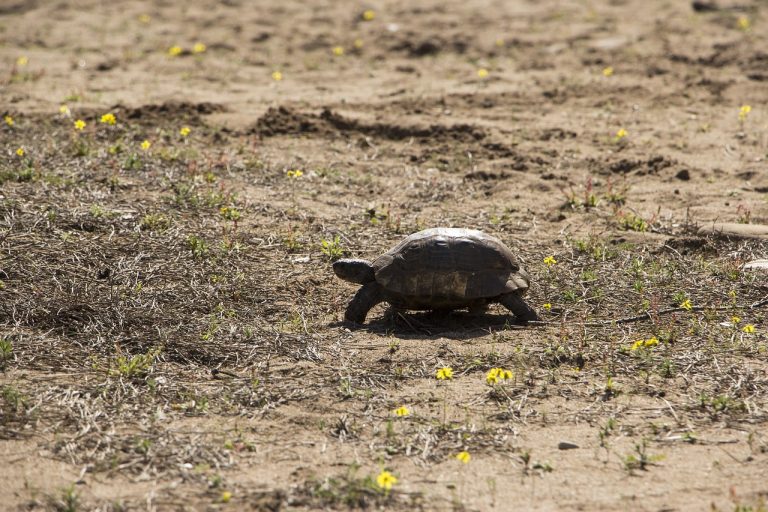
![Bog Turtle Care Manual [Step By Step Guide]](https://spreadhapiness.com/wp-content/uploads/2024/03/bog-1-768x512.jpg)
